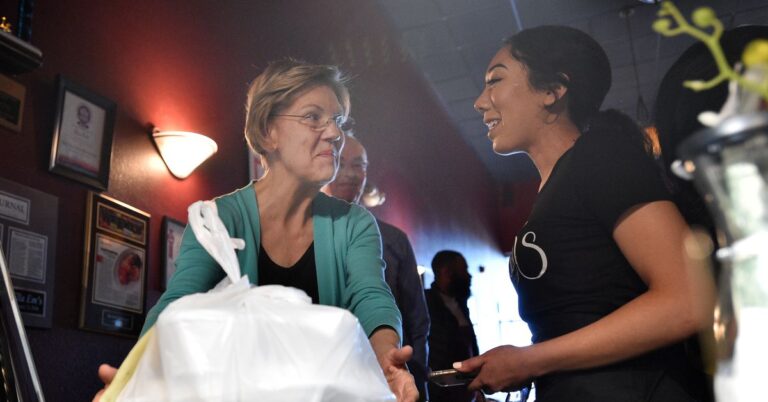Walmart Sorry for Juneteenth Ice Cream Following Twitter Backlash
Retail giant Walmart is walking back on its new line of partyware and an ice cream flavor released to celebrate Juneteenth, the federal holiday commemorating the emancipation of enslaved Black people in Galveston, Texas, on June 19, 1865, nearly two and a half years after Abraham Lincoln issued the Emancipation Proclamation. Known as Black Independence Day, Juneteenth has long been celebrated in African American communities, but only became a federal holiday in 2021 when President Joe Biden signed the Juneteenth National Independence Day Act.
Earlier this week, shoppers at Walmart spotted a new line of Juneteenth party supplies, including Juneteenth plates, napkins, and drink koozies that read “It’s the freedom for me.” Walmart also released a special Juneteenth ice cream, flavored with red velvet and cream cheese, and advertised with the copy, “Share and celebrate African American culture, emancipation, and enduring hope.”
Photos and video of the Walmart Juneteenth product displays were widely mocked on social media on Tuesday. Among those commenting were comedian and Daily Show correspondent Roy Wood, Jr., who tweeted, “Would you like some Juneteenth Ice cream on a Juneteenth plate as you sip your beer in a Juneteenth Koozie?”
By Tuesday evening, Walmart issued a statement to Fox 7 Austin, writing, “Juneteenth holiday marks a celebration of freedom and independence. However, we received feedback that a few items caused concern for some of our customers and we sincerely apologize. We are reviewing our assortment and will remove items as appropriate.”
Among the many ironies of Walmart attempting to profit off Juneteenth is the product line’s Pan-Africanist color scheme. The Pan-African black, red, and green flag — designed by activist Marcus Garvey — was created to represent Black liberation and anti-colonialism: The red symbolizes blood shed through subjugation, the black symbolizes Black people, and the green represents the fertility of the African continent. It has become increasingly visible in recent protests against the police murder of Black civilians.
And as Cat Davis and Dorian Warren wrote in an NBC News op-ed in 2020, “Walmart cannot claim to be committed to Black lives while its policies, from inadequate health insurance to poverty wages to insufficient paid leave, have helped lay the groundwork for staggeringly disparate health and economic outcomes in the Black community.”
They continued:
Black workers are disproportionately concentrated in lower-paying nonmanagerial positions. And this is true across the massive 16 million-person retail sector. The country’s largest retailer sets the standards, which perpetuate disparities. Walmart is alleged to have discriminated against its Black employees, racially profiled Black customers (Walmart apologized for at least one such incident) and declined to disclose whether employees of color are categorically paid less than white employees or overrepresented in lower-wage, part-time positions.
Walmart has a long history of labor exploitations, which include paying sub-living wages (in 2021, it raised its minimum wage to $12 per hour). In early 2020, it rolled out a restructuring program that, while touted for creating more full-time positions, was criticized for eliminating roles and simultaneously creating overwhelming workloads for remaining employees. The biggest private employer in the U.S., Walmart has thrived financially during the COVID-19 pandemic, with the New York Times reporting, “During fiscal 2020, the company generated $559 billion in revenue, up $35 billion from the previous year. But labor activists say too little of that money has gone toward work force protections, which in turn has prolonged the pandemic.”
Under the current time-off system, hourly full-time employees “earn” paid time off (PTO) and are rewarded financially for good attendance. In January 2022, Walmart halved PTO for employees who test positive for COVID. Part-time hourly workers do not receive any paid maternity leave. According to Bloomberg, “Black and African-American recruits made up 28 percent of all new hires in the U.S. [in 2020-21], but accounted for 13 percent of promotions from hourly to management roles, according to the company’s latest diversity report.”
Walmart attempting to market and profit off of Juneteenth — a holiday that represents Black strength, but also the white failure to broadly enact emancipation at the end of the Civil War — is yet another example of bad corporate activism. It’s easy to adopt slogans and flashy colors while waiting for the dollars to roll in. Being called on your bullshit and expected to correct years of abuses against your marginalized employees? It’s the “doing the work” for me.






